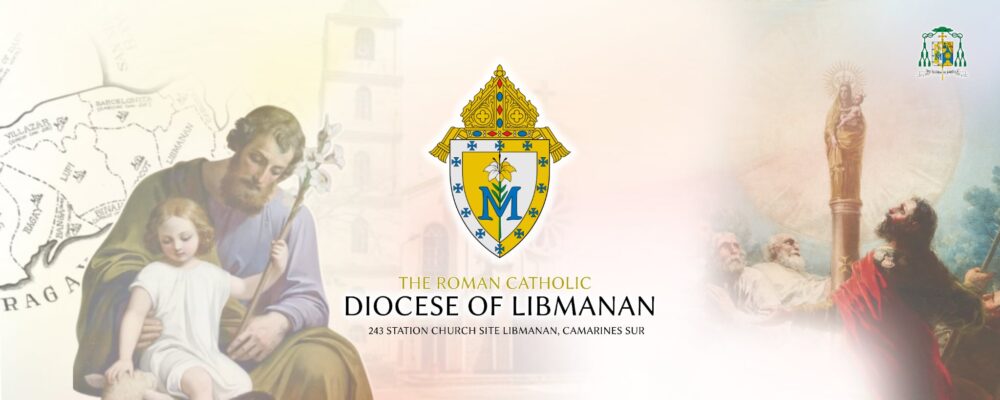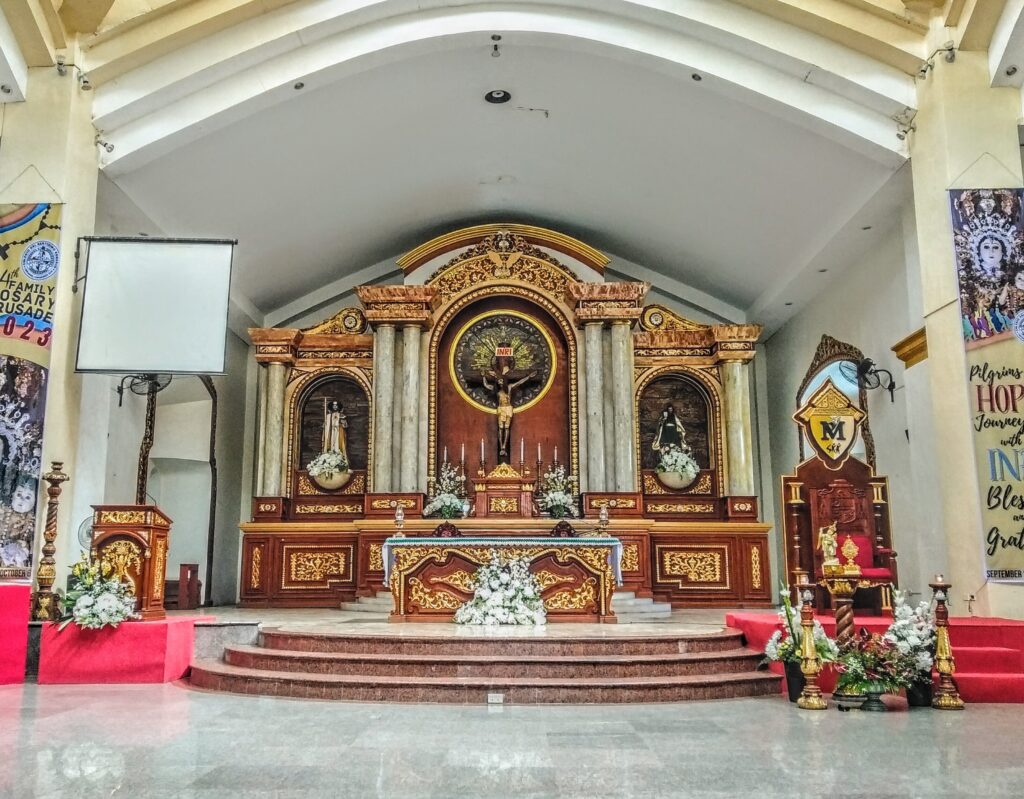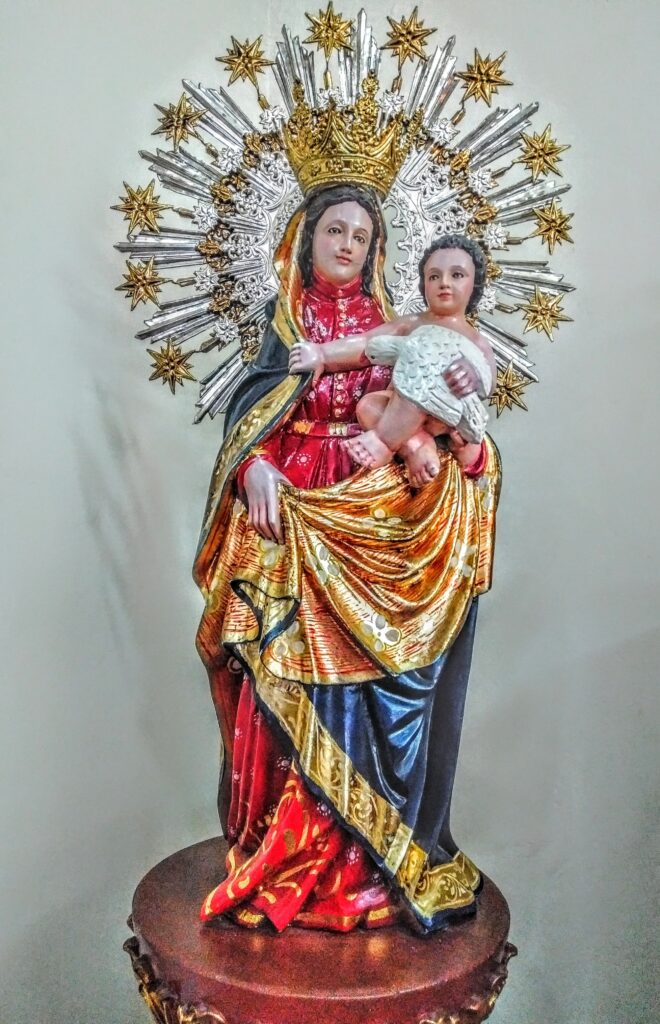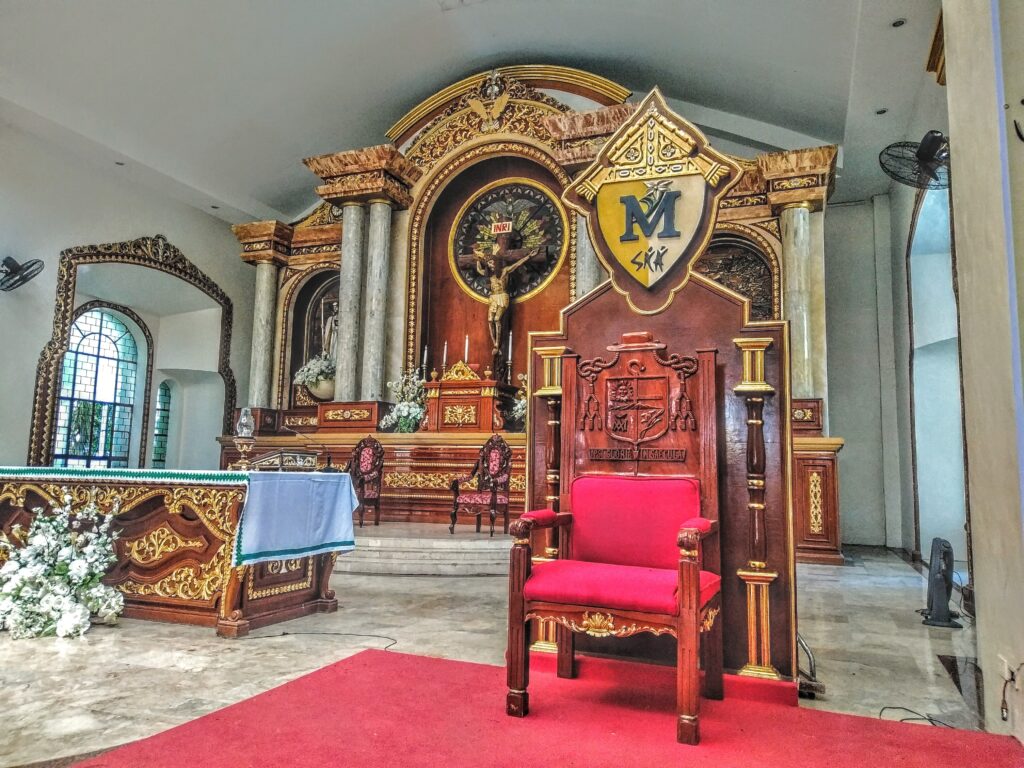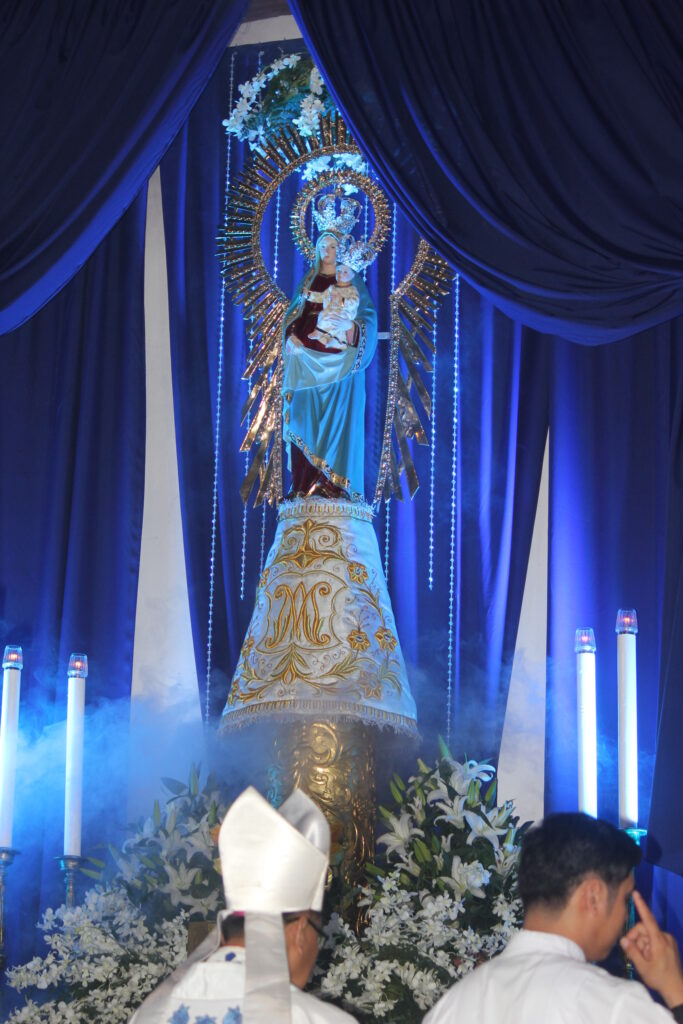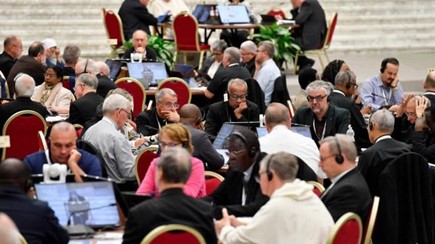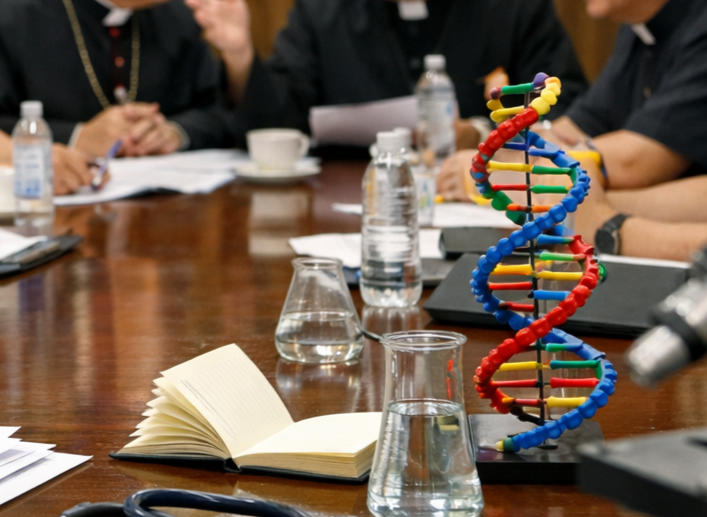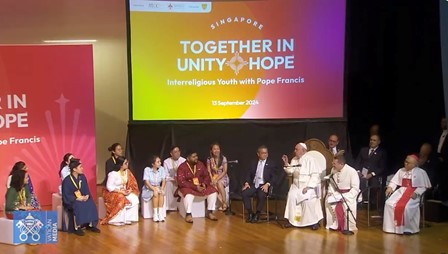Q: Does the Church allow the lay faithful to discuss and debate the Filioque issue freely, or should such theological matters be reserved only to those with proper training and authority (such as priests, theologians, or bishops)?
The question of whether the lay faithful can freely discuss and debate theological issues like the Filioque requires balancing respect for magisterial authority with the recognition of the laity’s baptismal dignity and role. Historically, theological disputes were not confined to bishops and scholars alone. The laity’s sensus fidei has been acknowledged as a vital force in preserving doctrinal orthodoxy, as demonstrated during the Arian controversy where lay believers upheld the true faith even when some clerical leaders faltered. This historical precedent suggests that lay engagement in theology is not only permitted but integral to the life of the Church.
At the same time, the Church clearly delineates boundaries to protect the integrity of doctrine. The Magisterium possesses the charism of infallibility when defining matters of faith and morals and is responsible for safeguarding revealed truth. This role necessitates that theological discussions among the laity be conducted with humility, fidelity, and respect for established teaching, avoiding erroneous or divisive interpretations. Particularly in the case of the Filioque, a doctrine that remains a significant point of ecumenical dialogue with the Eastern Orthodox Church, careful, informed, and reverent discussion is essential.
Vatican II’s documents, such as Lumen Gentium and Dei Verbum, encourage the laity’s active participation in theological reflection, emphasizing that all the baptized share in the Church’s prophetic mission. This ecclesiology opens space for laypeople to explore, ask questions, and even contribute to theological understanding, so long as they remain in communion with the Church’s teaching authority. Furthermore, with the modern availability of theological resources, the laity are better equipped than ever to engage responsibly with complex doctrines. In practical terms, this means that lay Catholics should be encouraged to learn about and discuss doctrines like the Filioque within parish study groups, educational programs, or respectful public forums. Theological debate should not devolve into polemics or public dissent but rather serve as a means of deepening faith and fostering ecclesial unity. Such engagement honors the Church’s rich tradition of lay theological participation while safeguarding the unity and purity of Catholic doctrine.
